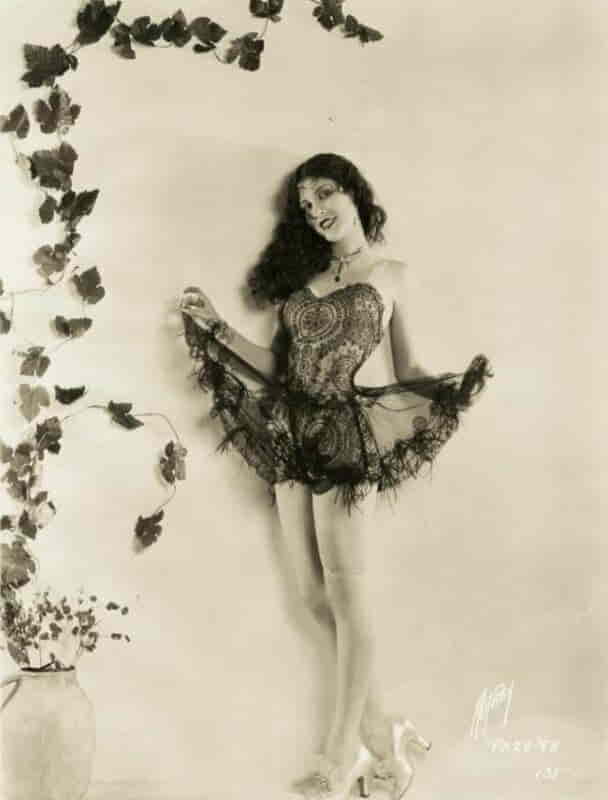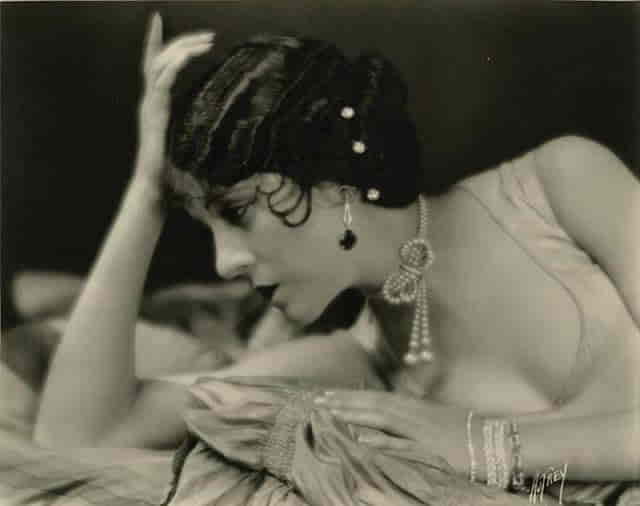
Olivier Bourdeaut, a name that burst onto the French literary scene with vibrant energy, has become one of the most exciting modern French literary voices. His rise to fame was as unpredictable as his stories, and his work continues to captivate readers around the world with its emotional depth, playfulness, and unique charm.
A Late Bloomer in Literature
Born in 1980 in Nantes, France, Bourdeaut’s path to literature was anything but conventional. He dropped out of school early, struggled with dyslexia, and worked in a series of odd jobs—from real estate to cleaning jobs—before he embraced writing. It was during a retreat in Spain, at his parents’ house, that he penned his first novel after years of failed attempts.
Bourdeaut’s unorthodox background didn’t hinder him. In fact, it enriched his perspective and style, allowing him to break away from traditional literary molds and carve a distinct voice that feels refreshingly original.
The Sensation of Waiting for Bojangles
His debut novel, Waiting for Bojangles (En Attendant Bojangles), published in 2016, became an instant bestseller. The book tells the story of an eccentric couple raising their child in a world of dance, music, and deliberate detachment from social norms. Set to the tune of Nina Simone’s “Mr. Bojangles,” the narrative is both whimsical and tragic, told partly from the point of view of the couple’s young son and through diary entries of the father.
What makes this novel stand out among other modern French literary voices is its poetic prose and emotional contrasts. Bourdeaut guides the reader from laughter to heartbreak with graceful ease, reminding us how closely joy and sorrow can coexist.
Style and Storytelling: Dancing on the Edge
Bourdeaut’s style is musical—literally. He often writes while listening to music and lets rhythm influence his sentences. His prose dances, just like his characters. This technique lends his work a light, fluid quality that feels more like a performance than a conventional narrative.
But beneath this surface lies a serious meditation on mental health, love, and personal freedom. His characters don’t follow rules; they create their own universe. Yet as readers, we feel both the beauty and the danger of escaping reality too deeply.

A Novel Born from Failure
Interestingly, Waiting for Bojangles was born after a series of creative failures. Bourdeaut had spent years working on a bleak, complex manuscript that was rejected by all the publishers he approached. Defeated, he wrote Bojangles almost as a form of catharsis. In just seven weeks, without overthinking or editing much, he wrote what would become a phenomenon in French literature.
This speaks to a recurring theme in the careers of modern French literary voices—authenticity often resonates more than perfection. Bourdeaut didn’t try to be profound; he simply told a story from the heart.
Awards and International Reach
The novel won numerous awards in France, including the Prix du Roman France Télévisions and the Grand Prix RTL-Lire. It sold over half a million copies and was translated into more than 30 languages. The book’s popularity led to a graphic novel adaptation and, in 2021, a film directed by Régis Roinsard.
This broad impact has helped establish Bourdeaut not only in France but also internationally as one of the key modern French literary voices of the 21st century.
Second Novel and Critical Response
After the immense success of his debut, Bourdeaut released a second novel, Pactum Salis (Agreement of Salt), which took a darker turn. The story focuses on a cynical real estate agent and a disillusioned salt farmer who are forced into an unexpected friendship. While it didn’t capture the same magic for all readers, it showed Bourdeaut’s willingness to evolve and experiment beyond his initial style.
He refused to remain boxed into a single genre or mood. That kind of fearless exploration is what keeps modern French literary voices like Bourdeaut exciting and relevant.

Literature That Dances, Cries, and Surprises
Reading Olivier Bourdeaut is like watching a ballet with bursts of jazz—graceful, unpredictable, and emotionally resonant. He reminds us that literature doesn’t always need to be logical or even realistic to be powerful. Sometimes, it’s the surreal, the playful, and the poetic that touches the soul the most.
His works invite readers into beautifully chaotic worlds where emotions take the lead. His themes—love, madness, art, and loss—are timeless, yet he presents them through an unmistakably contemporary lens.
Why He Matters Today
In a literary world often weighed down by trends and intellectual posturing, Bourdeaut stands out as a refreshing voice. He proves that one can be serious without being solemn. His stories are emotional, but never manipulative; charming, yet not shallow. He continues to grow, write, and surprise us, securing his place among the most important modern French literary voices of our time.
🔗 Outbound Resources
❓ FAQ
Q1: What makes Olivier Bourdeaut a unique French author?
His mix of whimsical prose, emotional storytelling, and musical rhythm makes his work stand out.
Q2: What is Waiting for Bojangles about?
It tells the story of an eccentric couple and their son, living a life of joy and illusion until reality intervenes.
Q3: Is Olivier Bourdeaut still writing?
Yes, he continues to write and explore new literary styles.
Q4: What awards has he won?
His debut novel won multiple prestigious French literary awards and received international recognition.
Q5: Why is he considered a major modern French literary voice?
His ability to blend light and darkness, joy and tragedy, places him among the most original voices in contemporary French literature.




